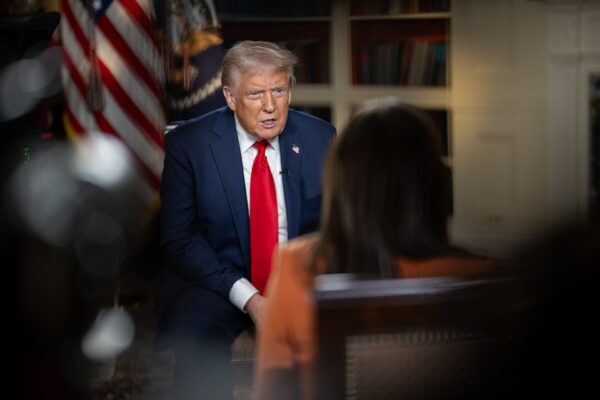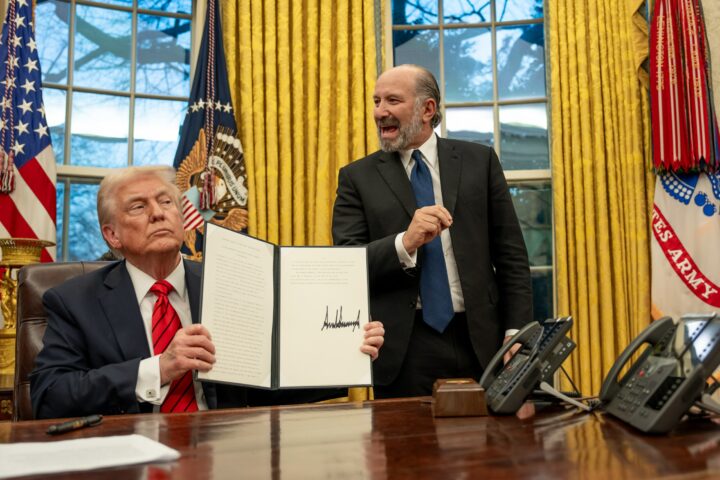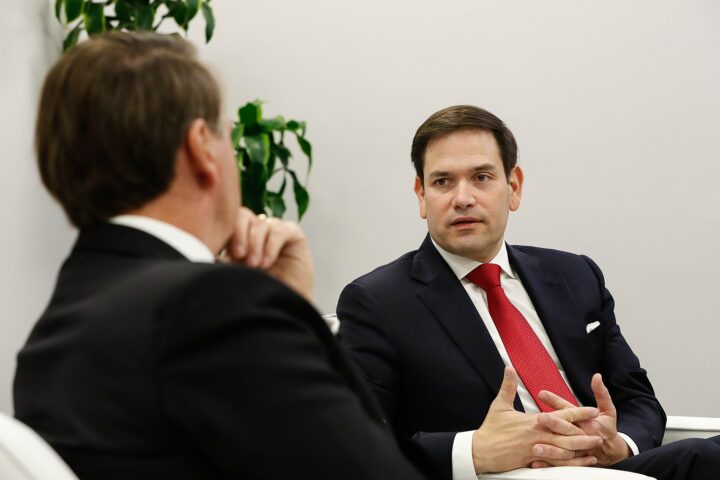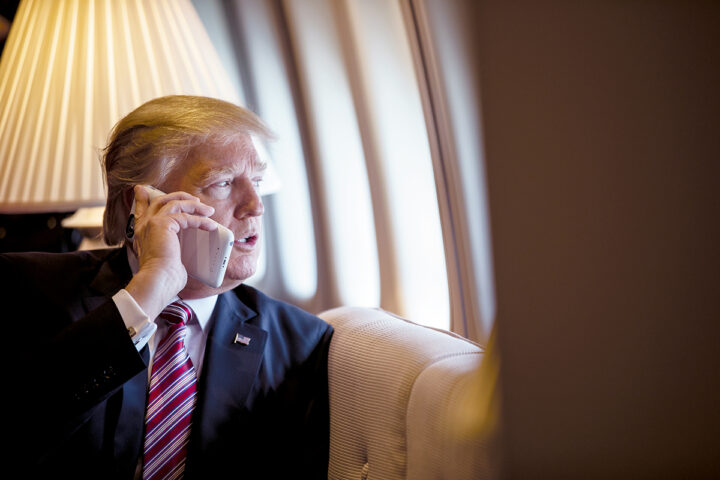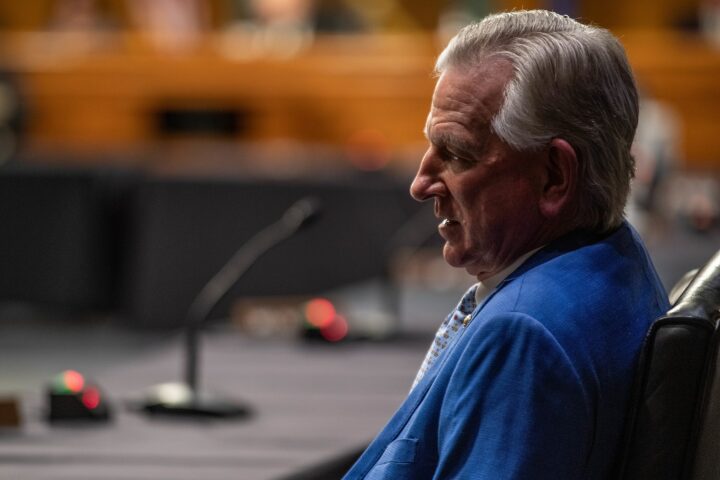In a dramatic late-night move Sunday, President Donald Trump issued sweeping pardons to a number of his closest allies connected to what prosecutors once described as efforts to challenge the 2020 election results.
Among those granted clemency were former New York City mayor Rudy Giuliani, attorney Sidney Powell, and former White House chief of staff Mark Meadows.
The announcement came through the Department of Justice’s Pardon Attorney, Ed Martin, who posted the official order on X. The document, dated November 7, grants a “full, complete, and unconditional pardon” to dozens of individuals who have faced years of legal scrutiny tied to Trump’s post-election challenges.
“This proclamation ends a grave national injustice perpetrated upon the American people following the 2020 Presidential Election and continues the process of national reconciliation,” the statement reads. The order notably excludes Trump himself.
Those pardoned include several Republican activists who acted as alternate electors in key battleground states where Trump contested the results. They were charged with submitting certificates asserting they were legitimate electors despite President Joe Biden’s certified victories in those states.
The move marks one of the broadest assertions of presidential pardon power in modern history, aimed at closing a chapter that Trump and his supporters have long described as politically motivated persecution. For years, Trump has argued that prosecutors targeted his allies for their loyalty and for questioning election procedures.
The former president’s supporters quickly hailed the decision as overdue. Many within conservative circles have portrayed the prosecutions that followed the 2020 election as an overreach by the Justice Department and state-level officials intent on punishing dissent. The pardon document’s language appeared to echo that sentiment, describing the actions against Trump’s allies as “a grave national injustice.”
Legal observers were quick to note the limits of the clemency. Presidential pardons apply only to federal offenses, meaning they do not extend to ongoing state cases — particularly those in Georgia, where several Trump associates still face charges connected to alleged election interference.
Trump’s decision to move forward with such expansive pardons signals a renewed effort to rally his political base ahead of another election season. His allies have cast the gesture as an act of restoration rather than defiance.
While critics have condemned the pardons as a dangerous precedent, Trump’s defenders counter that the individuals targeted were engaged in legitimate political and legal disputes — not criminal conspiracies. Giuliani, Powell, and others have long maintained that their efforts after the 2020 election were rooted in their belief that widespread irregularities had occurred.
“This was about fairness and justice,” one Republican strategist said after the announcement. “These were Americans who were punished for standing up for what they believed was right.”
By extending his pardon authority to such a wide circle of allies, Trump sought to close one of the most contentious legal and political sagas of recent years — and to underscore his continuing claim that the post-2020 prosecutions represented not justice, but politics.
[READ MORE: Trump Wants Name On New Stadium]

